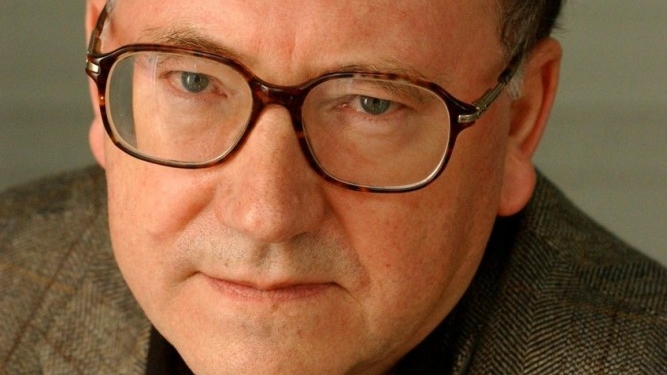
Festival of Ideas: Richard Holmes: Mary Shelley and the Birth of Frankenstein
Please note: This event took place in April 2016
Mary Shelley began Frankenstein in June 1816 when she was only 18 years old, writing in a simple loose-leaf notebook-which still exists in the Bodleian Library, Oxford - and published it when she was just 20 in March 1818. Long afterwards, she famously claimed it was inspired by a single, terrifying nightmare, after a stormy evening of story-telling with Percy Shelley and Lord Byron on Lake Geneva. But in fact it is a highly complex novel of ideas, which according to her private journal took her nearly a year and a half to research and write, and which exists in at least three versions (1817, 1818, and 1831).
Within its bold gothic narrative, and subtle Chinese-box-like structure, she somehow found space to make tantalising reference to the latest experiments in chemistry, electricity and surgery; polar exploration; speculative concepts of vitalism, memory and consciousness; theories of education, friendship and Romantic solitude; literary influences ranging from Milton's Paradise Lost to Coleridge's Ancient Mariner; and above all to the beauty and terror of Creation. Plus, of course, a good deal of secret autobiography…
In this special lecture, Richard Holmes, award-winning author of The Age of Wonder, examines the research and writing that led to the creation of Shelley's extraordinary work.
Supported by the Royal Literary Fund.
Speaker biography:
Richard Holmes is a Fellow of the British Academy, an Honorary Fellow of Churchill College, Cambridge, and was made an OBE in 1992. Coleridge: Early Visions won the 1989 Whitbread Book of the Year, and Coleridge: Darker Reflections won the 1999 Duff Cooper Prize and the Heinemann Award. Holmes was Professor of Biographical Studies at the University of East Anglia 2001-2007. His other books include Shelley: The Pursuit, Dr Johnson & Mr Savage, and two studies of Romantic biography and autobiography, Footsteps and Sidetracks. His group biography of Romantic poets and scientists, The Age of Wonder, won the Royal Society Science Book Prize 2009 in the UK, and the National Book Critics Circle Award for Non-Fiction 2010 in the USA. His latest book is an unconventional history of Romantic ballooning: Falling Upwards: How We Took to the Air.
